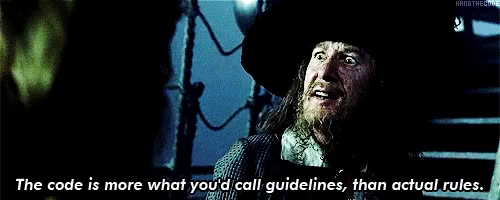Lanefan
Victoria Rules
The cheating example I used was "creative" dice rolling. To be more specific, the player was rolling the die under the raised table where (the player thought) no-one could see, and then reporting a different, better, roll when asked. Another player noticed the original roll was different and started paying closer attention. Once a pattern became clear, I-as-DM got a note.It's only "cheating" by the expectations/restrictions you put on the game. For those who don't adopt your house rules, it's not cheating.
While I wouldn't go so far as to call this cheating, I agree with the sentiment here.Personally I think it's "cheating" for the DM to force their own storyline by telling the players how they are supposed to roleplay.



